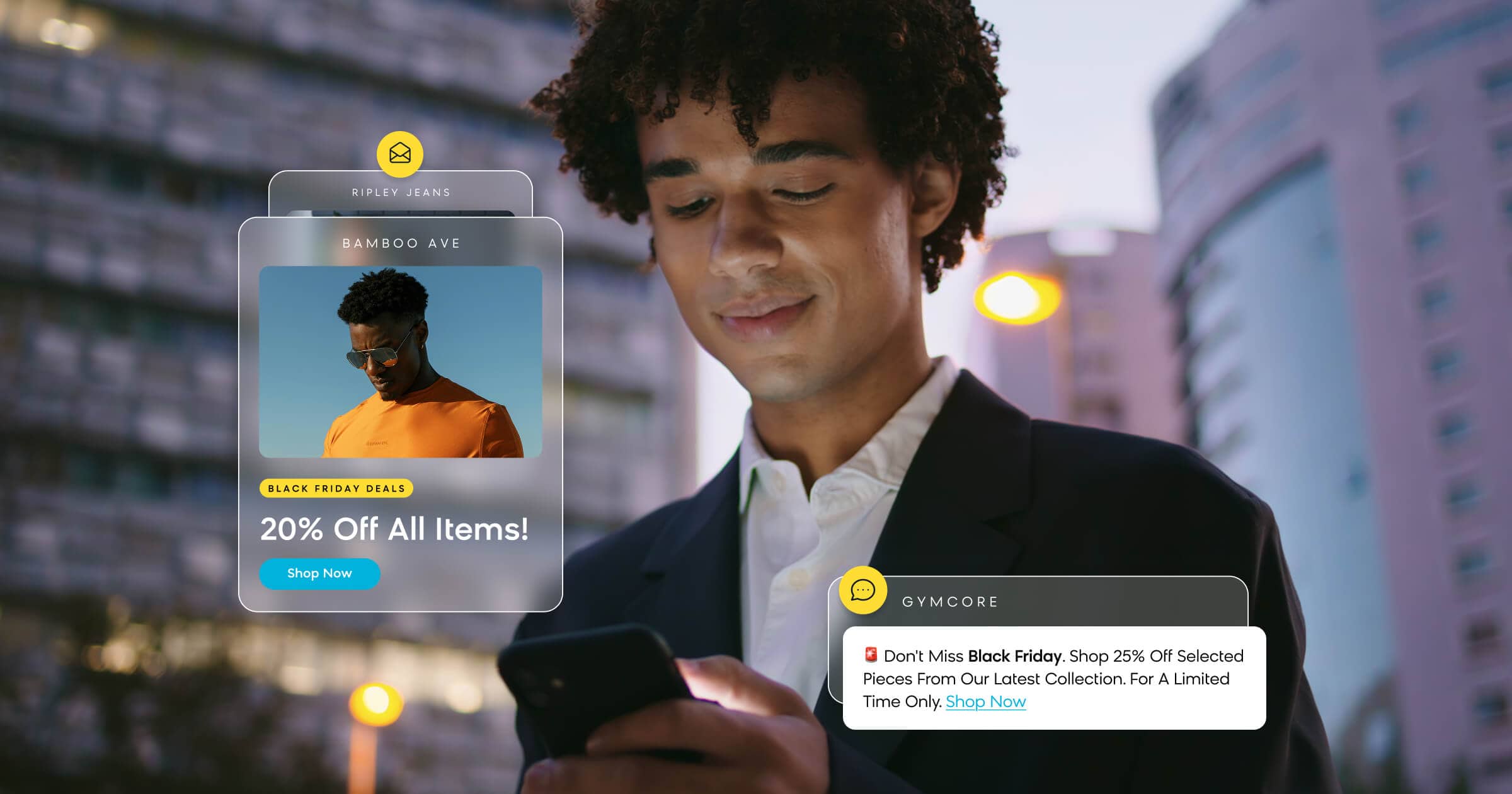Partners
Login
Content / Discovery
Product Discovery and CMS
Engagement Platform
Please login through the link in
your invite email
your invite email




